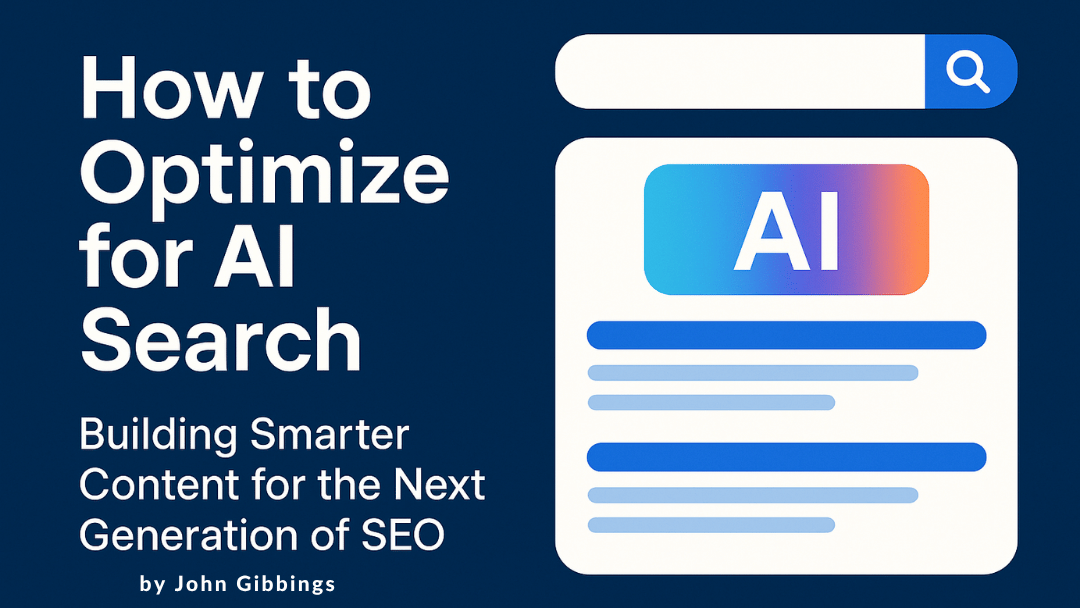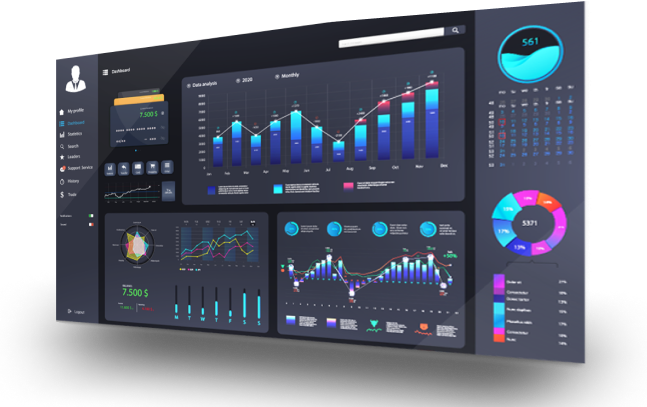Google is notorious for segmenting the Search Console data down into 90 day segments, and regardless of requests from Webmasters, they continue to restrict data accessibility down to individual accounts. Meaning that if you want to share Google Search Console (GSC) access with another email account, you can for the site, but the receiving party must begin gathering site data from start. From day zero. Even if the GSC account has been actively collecting data for years to months prior. Historical GSC data is an elusive, almost mythical, entity that most Webmasters desire since the restrictions on keyword data were placed on Google Analytics.
We run into this issue when on boarding clients, we work to position ourselves ahead of a site audit only to find ourselves faced with a delay while we let Google populate search data. Due to the nature of contracts and the start-times for new clients, we are often faced with a situation where we as Webmasters & SEO to rely on partial data that we then must use to make recommendations on the state of a website.
It isn’t until we establish a good working relationship with a client that we can see a full-blown snapshot of how a client’s site is performing in Webmaster Tools. At this point, we are well past the initial auditing phase, and we have progressed towards more complex strategies. Google search console data at this point is still valuable, but it has lost its inherent potency that could have been utilized from the beginning of the relationship.
Expanding on this, if you have had any experience within GSC you know that it is important to create four separate site accounts, to gather information on each of your site versions. These are:
- http://domain.com
- http://www.domain.com
- https://domain.com
- https://www.domain.com
Complicating this issue, Google Search Console has given webmasters the ability to create a Property Set as a solution to aggregate the data from the four individual GSC accounts. The kicker is that once the property set has been established, then data starts collecting over from day 1. Regardless of the age of the four site versions associated with your account, Google will not link the aggregated data.
Starting to see a pattern?
The 90 day issue has been well known to webmasters for years. Especially as SEOs begin to take a deeper dive into search analytics, they find themselves needing more accessibility to site data about user engagement and search intent than Google Analytics inherently provides. At the end of the day, Webmaster find that they need to rely on 3rd party tools for search data or to download and record Search Console data for a patch worked Year / over / year comparison for their own Search Analytics Data.
Retaining Historical GSC Data when GTM Verification Fails
Furthering this web of Search Data Access and 90 day records for historical data, we have recently found ourselves in an interesting situation with a long-term client of ours. They were recently going through some site template changes, and had accidentally removed their Google Tag Manager (GTM) code from their site. This effectively cut their ability to track users through Google Analytics, and we lost all our site verifications within Google Search Console. We were at a loss, and were truly concerned about whether our Search Analytics data had been lost forever.
At first, we were not sure. Google is notorious for have a close to zero retention rate with GSC search analytics data between accounts, and we were not sure what would be waiting for us after helping the client re-implement their Google Tag Manager code back into the site. After a couple of ping-ponged emails and a quick call, we helped the client re-initialize their GTM access. Then we held our breath as we re-verified our accounts.
We were relieved to find out that all our beautiful data was accessible within our account, and it was as if we had never lost our access in the first place! We had some high-fives go around, and we were excited to report back to the client, but after the dust settled we began to realize that in this instance, Google retained our historical GSC data.
That’s right, Google retains historical GSC data even after site verification within your account fails. This is a stark contrast to the near vacuum of data accessibility that webmasters have been forced to deal with between accounts and their own site’s information.
Looking for a Site Audit?
Websites can take an a form like no other, and over time it can be difficult to determine how users interact with your site, and what processes can be improved to help visitors convert. Problems can compound on each other, and overtime they can affect the page load speed of your website, usability, and conversion rates. Our team at Hive Digital has developed a successful auditing strategy that can greatly improve your user’s experience on your website.
If you would like to learn more about our SEO site audits please call us today at 1-800-650-0820 or contact us directly at: [email protected]
JUMP TO A CATEGORYWEB ANALYTICS | SEARCH OPTIMIZATION | PAID ADVERTISING | COMPANY NEWS










